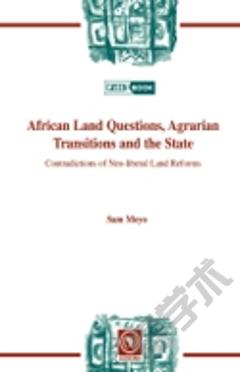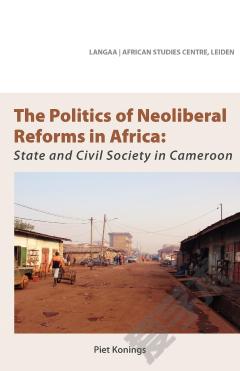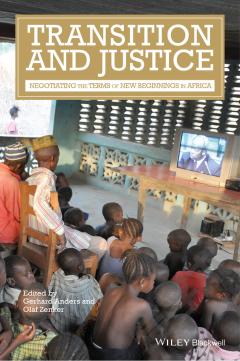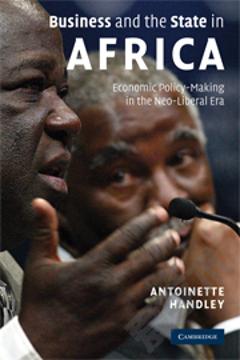African Land Questions, Agrarian Transitions and the State: Contradictions of Neo-liberal Land Reforms
This empirically grounded study provides a critical reflection on the land question in Africa, research on which tends to be tangential, conceptually loose and generally inadequate. It argues that the most pressing research concern must be to understand the precise nature of the African land question, its land reforms and their effects on development. To unravel the roots of land conflicts in Africa requires thorough understanding of the complex social and political contradictions which have ensued from colonial and post-colonial land policies, as well as from Africa's 'development' and capital accumulation trajectories, especially with regard to the land rights of the continent's poor. The study thus questions the capacity of emerging neo-liberal economic and political regimes in Africa to deliver land reforms which address growing inequality and poverty. It equally questions the understanding of the nature of popular demands for land reforms by African states, and their ability to address these demands under the current global political and economic structures dictated by neo-liberalism and its narrow regime of ownership. The study invites scholars and policy makers to creatively draw on the specific historical trajectories and contemporary expression of the land and agrarian questions in Africa, to enrich both theory and practice on land in Africa.
{{comment.content}}








 京公网安备 11010802027623号
京公网安备 11010802027623号